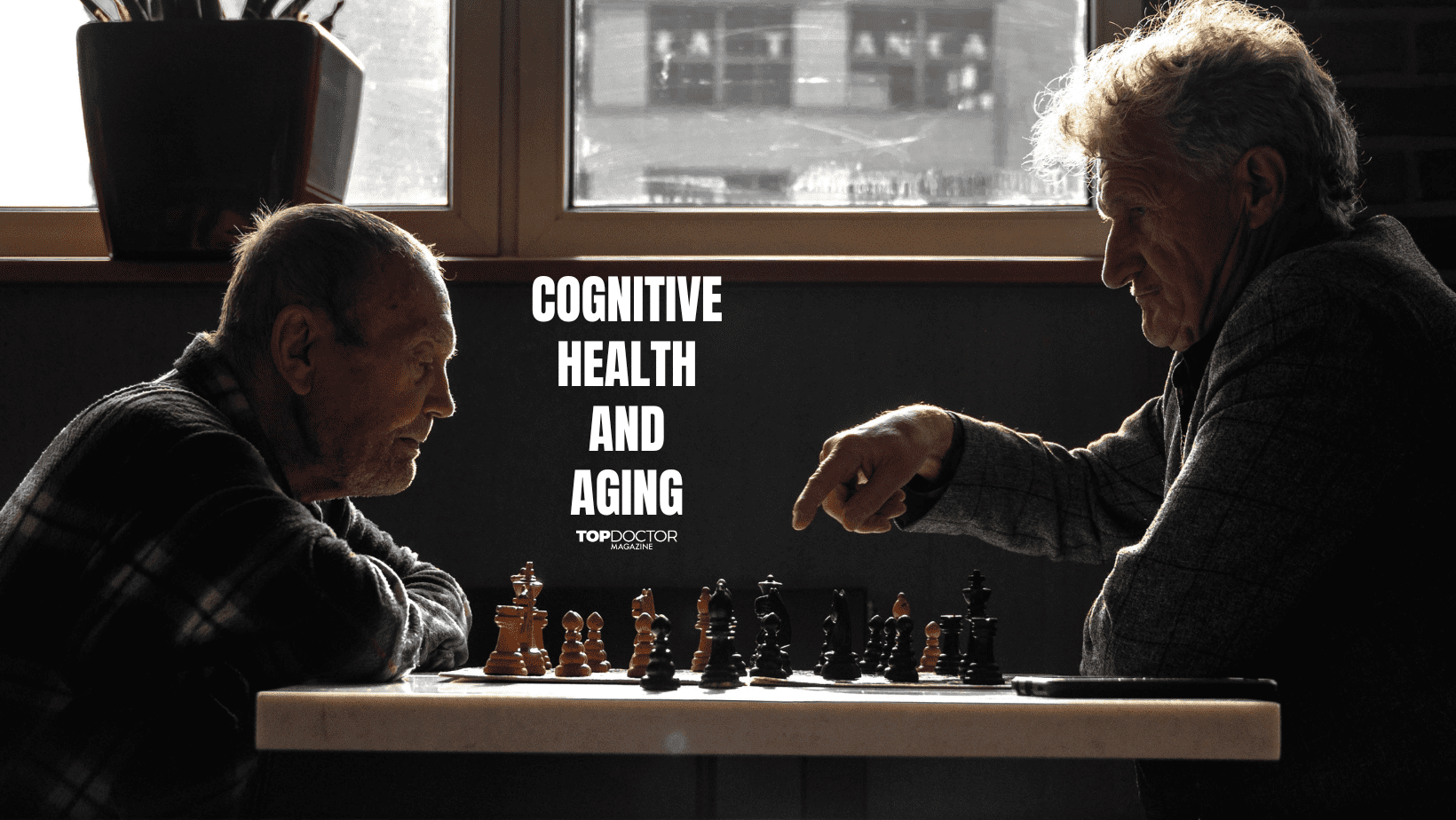Introduction
Maintaining cognitive function becomes increasingly important for overall well-being and quality of life as we age. Cognitive decline, including memory loss and decreased mental agility, is a common concern among older adults. However, research suggests that there are strategies individuals can employ to promote cognitive health and potentially delay or prevent cognitive decline. This article investigates various strategies, including brain-boosting activities, lifestyle modifications, and potential interventions, that can support cognitive function in older adults.
Brain-Boosting Activities
- Mental Stimulation: Mentally stimulating activities challenge the brain and promote cognitive health. Activities like reading, puzzles, crosswords, playing musical instruments, learning a new language, or engaging in strategic games such as chess or Sudoku can help maintain and enhance cognitive abilities.
- Lifelong Learning: Continuing education and learning new skills can positively impact cognitive function. Enrolling in courses or workshops, attending lectures, or pursuing hobbies that require learning and skill development stimulates the brain and helps maintain cognitive abilities.
- Social Interaction: Maintaining social connections and engaging in social activities has been linked to better cognitive health. Social interaction stimulates the brain, boosts mood, and can provide opportunities for mental challenges. Participating in group activities, joining clubs, volunteering, or spending time with family and friends benefits cognitive well-being.
Lifestyle Modifications
- Regular Physical Exercise: Physical exercise benefits the body and supports cognitive function. Aerobic exercises, such as walking, swimming, or dancing, increase blood flow to the brain, promoting the growth of new neurons and improving cognitive performance. Aim for at least 150 minutes of moderate-intensity aerobic exercise per week.
- Healthy Diet: Adopting a balanced and nutritious diet is essential for maintaining cognitive health. Focus on consuming fruits, vegetables, whole grains, lean proteins, and healthy fats. Omega-3 fatty acids, found in fatty fish like salmon, have been associated with improved cognitive function. Limiting processed foods, saturated fats, and refined sugars is also recommended.
- Quality Sleep: Adequate sleep is crucial for cognitive function. During sleep, the brain consolidates memories and rejuvenates itself. Aim for 7-8 hours of quality sleep each night, establish a regular sleep routine, and create a sleep-friendly environment by minimizing noise and electronic distractions.
Potential Interventions
- Cognitive Training Programs: Computerized cognitive training programs, such as memory exercises and attention tasks, have shown promise in improving cognitive function and preventing decline in older adults. These programs can be accessed online or through specific apps and should be tailored to individual needs and abilities.
- Management of Chronic Conditions: Effectively managing chronic conditions, such as diabetes, hypertension, and cardiovascular disease, is crucial for preserving cognitive function. Controlling blood sugar levels, maintaining healthy blood pressure, and adopting heart-healthy habits can significantly reduce the risk of cognitive decline.
- Brain-Healthy Lifestyle: Engaging in activities that promote overall brain health can positively impact cognitive function. These activities include stress reduction techniques (such as meditation or mindfulness), avoiding smoking and excessive alcohol consumption, and maintaining a healthy weight.
Conclusion
Maintaining cognitive function and preventing cognitive decline are essential aspects of healthy aging. By incorporating brain-boosting activities, making lifestyle modifications, and considering potential interventions, older adults can promote their cognitive health and potentially delay the onset of cognitive decline. It is always possible to start implementing these strategies, as they offer numerous benefits for overall well-being and a fulfilling life as we age.
At TopDoctor Magazine, our mission is to foster connections within the health and wellness community, acting as a vital bridge between doctors and patients and facilitating collaborations between medical companies and healthcare professionals.
Our purpose extends to empowering our readers, providing them with the knowledge to make well-informed healthcare and lifestyle decisions.
We take pride in being the ultimate resource for interviews with health and wellness leaders, delivering trending medical news, and covering a wide range of healthy living topics.





0 Comments